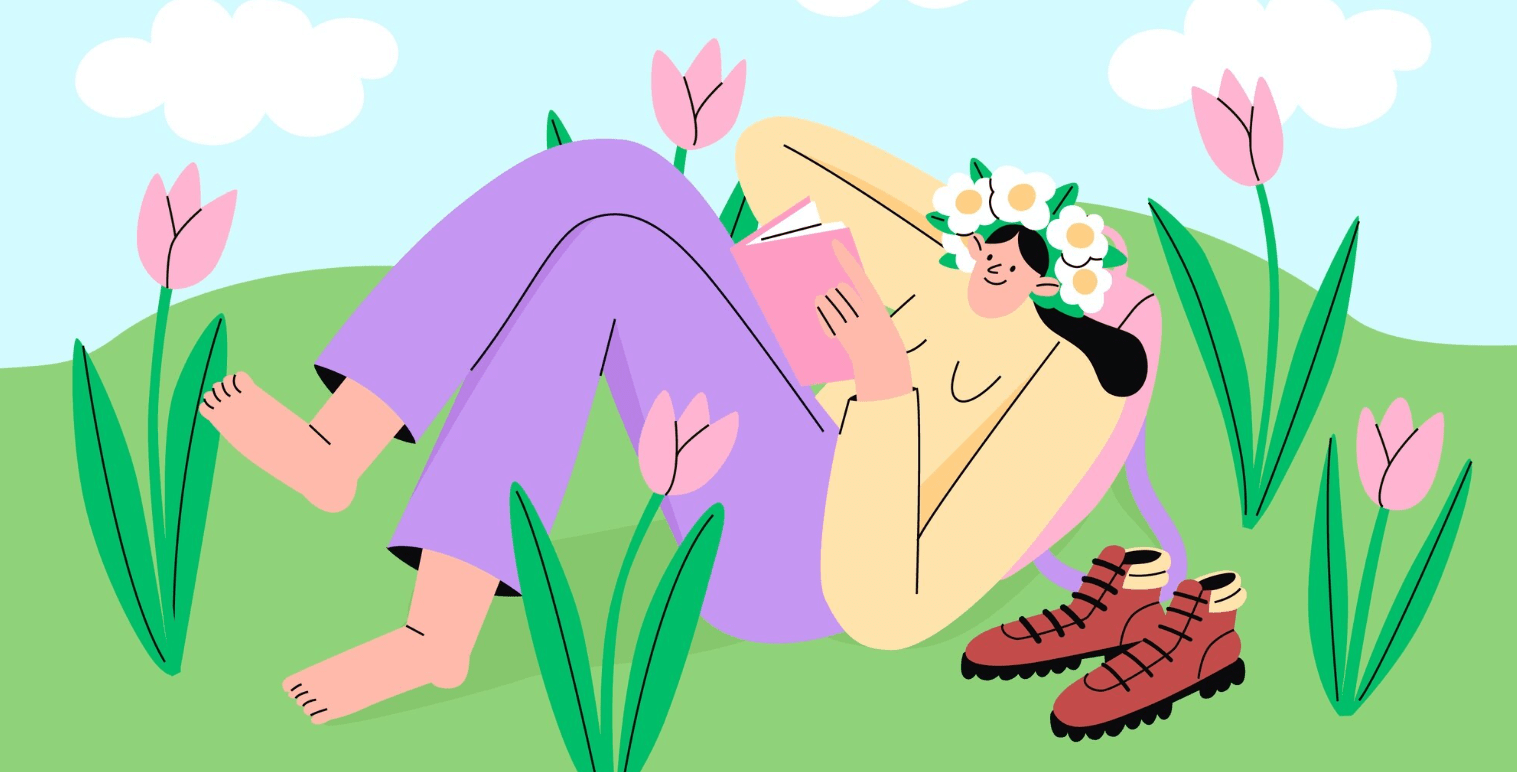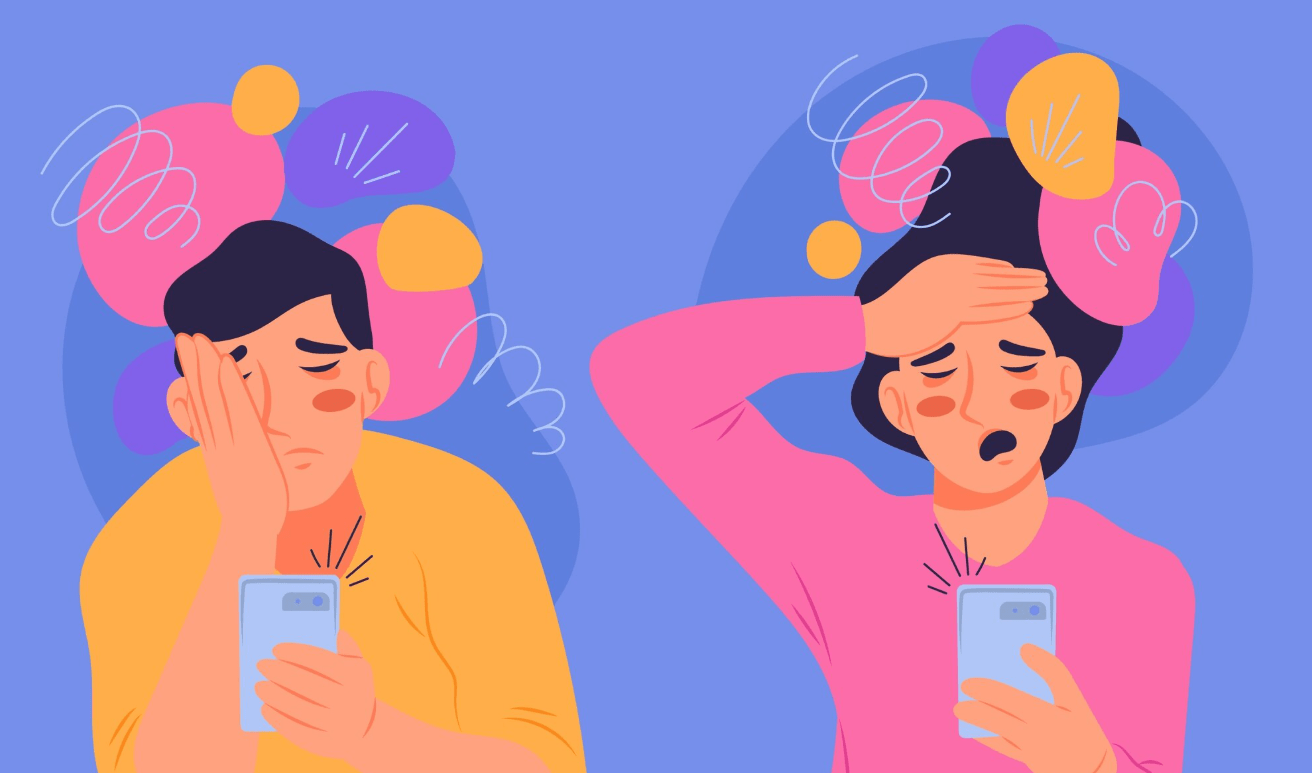How Cognitive Training Apps Compare to Traditional Puzzles

Puzzles have been a favorite way to keep the mind sharp for generations. From crossword grids and Sudoku pages to logic riddles and memory cards, people have long used puzzles to exercise their brains. But in the digital age, a new kind of mental workout has emerged cognitive training apps like Moadly.
These apps promise to go beyond entertainment, offering scientifically designed exercises that target specific mental skills like memory, focus, and processing speed.
This article looks at how modern brain training apps compare to traditional puzzles, what makes them different, and how both can fit into a routine that supports long-term cognitive health. We’ll also link to related topics like Can Memory Games Really Improve Cognitive Function? and Daily Brain Exercises That Improve Clarity and Recall for a deeper look at brain training strategies.
Traditional Puzzles: The Classic Mental Workout
Traditional puzzles are familiar, tangible, and fun. Whether it’s a Sudoku grid, a crossword clue, or a jigsaw set, these activities challenge your brain to find patterns, recall words, or visualize solutions. They stimulate parts of the brain linked to problem-solving, spatial reasoning, and memory.
Here are some common benefits of classic puzzles:
- Mental engagement: They keep your brain active and focused for long periods.
- Pattern recognition: Puzzles improve your ability to see relationships and sequences.
- Stress reduction: Completing puzzles can be calming and meditative.
- Visual and spatial reasoning: Especially strong in jigsaw puzzles or pattern games.
While these are excellent for maintaining general mental agility, they often lack structure in how they train different cognitive areas. You might strengthen certain skills while neglecting others. That’s where cognitive training apps step in.

Cognitive Training Apps: A Smarter Way to Target the Brain
Cognitive training apps like Moadly use science-based exercises to target specific mental processes. Unlike traditional puzzles that stay the same difficulty, apps can adapt in real-time to your performance. This adaptive design ensures your brain stays challenged at the right level, encouraging growth without overwhelming you.
Here’s a table comparing traditional puzzles with cognitive training apps:
| Feature | Traditional Puzzles | Cognitive Training Apps (like Moadly) |
|---|---|---|
| Difficulty Adjustment | Static; you choose the level manually | Automatically adapts to your skill level |
| Skill Focus | General problem-solving | Specific areas like memory, focus, attention, and speed |
| Progress Tracking | Manual or subjective | Built-in performance analytics |
| Scientific Backing | Mostly anecdotal | Based on neuroscience and cognitive psychology |
| Variety | Limited by puzzle type | Constantly updated exercises and challenges |
| Accessibility | Requires physical materials or printouts | Instant access through your phone or tablet |
Apps like Moadly also integrate gamified elements to keep users engaged. Progress bars, streaks, and adaptive goals make brain training enjoyable and sustainable, turning mental health into a fun habit rather than a chore.
How the Brain Responds to Different Types of Challenges
Both puzzles and cognitive apps work by promoting neuroplasticity, the brain’s ability to form and strengthen new neural connections. However, the way they stimulate the brain differs:
- Traditional puzzles primarily enhance pattern recognition, language recall, and logical reasoning.
- Cognitive training apps use a variety of tasks to strengthen different domains like working memory, processing speed, and divided attention.
This broader training range means that digital exercises can address mental fatigue and brain fog more effectively. For example, tasks in Moadly are designed to engage both short-term memory and sustained attention, two key areas often affected by modern distractions and stress.
To see how structured training can help restore clarity, check How to Rewire Your Brain After Chronic Brain Fog.
Which Is Better for Focus and Clarity?
There’s no single winner. Both approaches offer valuable benefits. Traditional puzzles are perfect for relaxation and maintaining general brain health, while cognitive training apps provide more targeted and measurable progress.
For instance, someone who enjoys word games might benefit from adding Moadly’s focus and memory exercises to their routine. Together, these methods create a balanced brain fitness plan that keeps both creativity and logic sharp.
For additional focus-boosting strategies, see Can Brain Exercises Improve Focus and Clarity?.

When Cognitive Apps Shine Most
Cognitive apps are especially helpful when dealing with:
- Brain fog after illness: Apps provide structured recovery, especially after conditions like COVID. Learn more at Brain Fog After COVID: What Science Says Helps Recovery.
- Chronic stress or fatigue: Adaptive tasks keep your brain active without overloading it.
- Age-related decline: Regular practice helps maintain sharpness and cognitive resilience.
- Work performance: Quick daily exercises improve concentration and problem-solving at work.
Building a Balanced Brain Routine
Combining traditional puzzles and cognitive apps can give you the best of both worlds. Here’s a simple weekly plan:
| Day | Activity | Focus Area |
|---|---|---|
| Monday | 15 minutes on Moadly (memory games) | Short-term recall |
| Tuesday | Crossword or word search | Language and pattern recognition |
| Wednesday | 10-minute focus task on Moadly | Attention and concentration |
| Thursday | Sudoku or number puzzle | Logic and planning |
| Friday | Moadly adaptive challenge | Processing speed |
| Weekend | Mix of puzzles and cognitive tasks | Balance and fun |
The Moadly Advantage
Moadly is more than a puzzle app. It’s a personalized training system designed to enhance cognitive performance through short, daily exercises. It tracks your progress, adapts to your pace, and focuses on improving real-life outcomes like better concentration, faster recall, and reduced brain fog. It’s ideal for people who want measurable mental improvements rather than just entertainment.
To see how routines enhance cognitive clarity, explore How to Create a Routine to Prevent Brain Fog.
Conclusion
Traditional puzzles and cognitive training apps both play valuable roles in keeping your mind active and sharp. The difference lies in their goals. Puzles are excellent for general stimulation and stress relief, while apps like Moadly deliver targeted, adaptive exercises that strengthen specific mental functions.
For the best results, mix both approaches. Use puzzles to relax and unwind, and use cognitive training apps to measure, challenge, and track your progress. The combination supports long-term mental clarity, focus, and cognitive resilence, helping you stay sharp no matter what life throws your way.
For more brain health and training insights, visit Moadly News for the latest guides on improving focus, memory, and mental performance.
